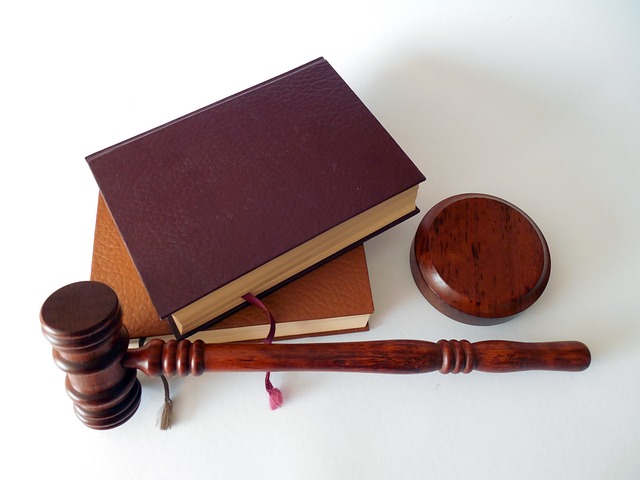
Solicitor
A solicitor is a legal professional who guides and assists clients with their legal issues and challenges. To wear the title of a solicitor, one must be fully trained and registered with the Solicitors Regulation Authority (SRA). From behind-the-scenes work like meticulously filling out forms to orchestrating court applications, a solicitor’s role is diverse and crucial.
They are the negotiators who facilitate dialogue between different parties. The goal of solicitors is to reach agreements that serve their clients’ best interests. Solicitors are the legal experts people turn to for all kinds of cases, from the most expensive and complex to smaller, more common legal matters. For any readers who are in Basingstoke and need a solicitor then have a look at ”solicitors Basingstoke”.
Consultant Solicitor
Consultant solicitors are seasoned professionals who often work independently. Whether supported by a larger law firm or operating as a sole practitioner, they come with a wealth of experience. Many are in the later stages of their career, providing an extensive reservoir of expertise.
They can be invaluable to other law firms that require additional assistance or specialized knowledge. A consultant solicitor is versatile, taking on various cases and providing insights across different areas of law. They help ensure that they comply with the current rules and regulations.
Family Law/Legal Consultant
Legal consultants serve a distinct role. Rather than representing clients in court, they focus on offering advice and preparing essential documentation. They might be fully qualified in legal practices or possess some legal qualifications but don’t act as solicitors when providing services.
While they can provide valuable insights and assistance, they are not regulated or authorized by the SRA like solicitors. Some may act as McKenzie Friends, a term in UK law referring to individuals who provide support in court without being legal representatives.
Legal Executive
Legal executives are lawyers who specialize in particular legal areas such as family law or conveyancing. Unlike solicitors, who might cover various legal fields, legal executives train exclusively in one area, becoming experts in their chosen specialization. They assist solicitors, provide legal advice, prepare cases, and draft legal documents.
Their day-to-day work is similar to that of a solicitor, but their training is more focused and targeted. Their fees may vary widely depending on experience, the complexity of the case, and geographical location. Though they may be referred to as ‘lawyers,’ they have a unique role in the legal profession.
Paralegal
Paralegals play an indispensable supporting role in the legal field. Their responsibilities are multifaceted, including preparing legal documents, case management, research, and interviewing clients and witnesses. In some instances, they may even attend court proceedings.
With the decline in legal aid availability, paralegals offer a more affordable alternative for many seeking legal assistance. On the average, paralegals can cost upwards of £200 per hour. Paralegals, meanwhile, often charge significantly less money. Their lower charging rates make them accessible to a wider range of clients.
Paralegals often undertake significant work on a case, especially in the early stages. They always work under the supervision of a fully qualified solicitor, who steps in when more specialized legal knowledge is required.
Legal Secretary
Legal secretaries are the backbone of a legal team, performing invaluable administrative duties that ensure the smooth progression of clients’ cases. Their tasks are varied, including the production of legal documents, completion of legal forms, typing correspondence, and acting as a liaison between clients and legal professionals.
Solicitors heavily rely on legal secretaries to coordinate various aspects of the legal process, from scheduling appointments to managing files. Usually serving as the first point of contact for clients, legal secretaries help to create a welcoming and efficient environment, setting the tone for the client’s experience. Their role is vital in providing the structural support that allows solicitors and other legal professionals to focus on the substantive legal issues at hand.
